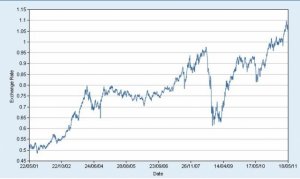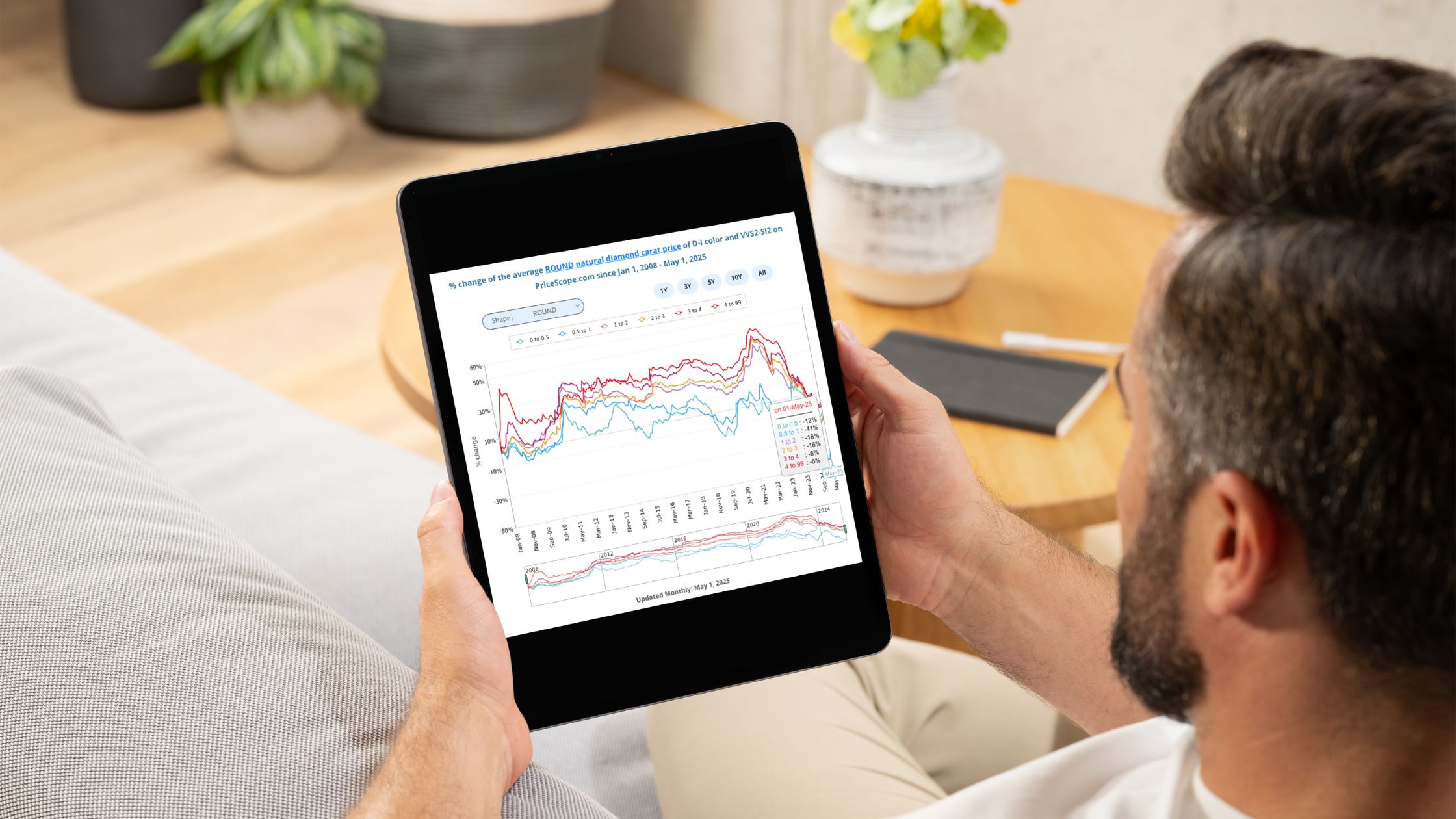- Joined
- Jun 8, 2009
- Messages
- 21,747
Thinking of trading in your diamond in the future? Neil Beaty discusses your options and the importance of understanding vendor policies before you buy.
Refunds, Buyback, Trade-up and Trade-in
Thanks Neil!
Refunds, Buyback, Trade-up and Trade-in
Thanks Neil!




300x240.png)